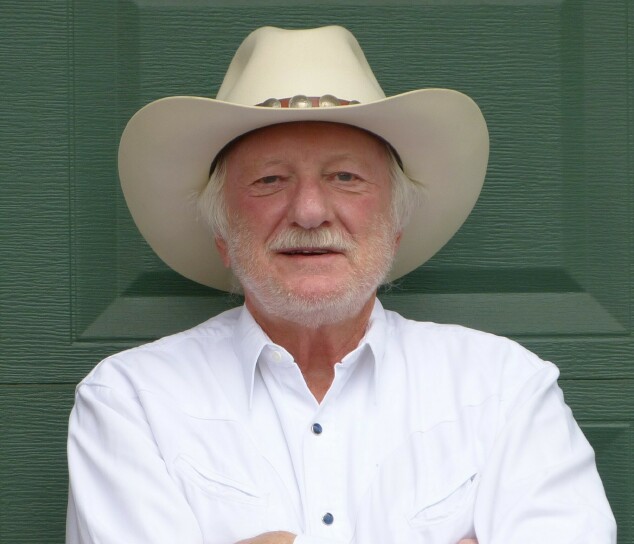OTT w/ TiVo! Can Wi-Fi Trump Cellular?

Oh, Roamio, wherefore art thou? That’s something more cable operators (MSOs) as well as other internet service providers (ISPs) might be asking TiVo CEO Tom Rogers about. TiVo’s Roamio OTA is a set-top-box that acts as a digital video recorder for off-the-air broadcast stations. Rogers goes a lot further than just telling MSOs they can dodge retransmission fees: He suggests cable just get out of the video business and cede “TV” to over-the-top players. (Or, just go national OTT with current and/or altered bundles; can’t tell me the major MSOs haven’t run business scenarios to do just that.)
Programming fees have been on a one-way trajectory for a long, long time. Ever since then TCI honcho Dr. John Malone bit back against newly enfranchised broadcasters (who gained the right to demand retransmission consent thanks to Congress’ penchant for decreeing business winners) by insisting he wouldn’t pay cash for free broadcast channels. Instead, Malone said, “Start another channel, we might pay for that.” Right away Ray Joslin and George Bodenheimer said, “OK, here’s ESPN2.” Fox started FX. That’s how Malone got to his 500-channel prediction. (Just kidding. He was talking about bandwidth and compression then.)
Of course, Malone and other cable operators soon found their backs against the wall and their cash flowing to over-the-air heads. Said cash has flowed in ever greater volumes ever since. But today’s landscape is looking a bit different. Just consider how Suddenlink’s dropping of Viacom networks has been somewhat yawn producing when compared to the blood that flowed in TWC’s fight with CBS. The chink in the armor is there when not so many people watch the ever-more-expensive channels.
So Rogers’ semi-facetious suggestion is an idea worth exploring. Besides, think about how more freed-up bandwidth could push faster speeds and perhaps enable smarter broadband tiers.
Meanwhile:
What are the odds that Charter will prevail and acquire Bright House and Time Warner Cable? What will the Federal Confusion Commission do? What will the Department of Justice do? My bet is they’ll approve … and judging from Charter’s formal proposal to the FCC, the regulators will have to dig deep to add to any other conditions.
CTIA – The Wireless Association says the FCC’s spectrum auctions won’t deliver enough to enable wireless broadband. Clearly, though, some business plans depend upon a company controlling enough spectrum to deliver broadband. Those companies include DISH, Verizon and AT&T and, by extension, MSOs via Wi-Fi. With AT&T’s acquisition of DirecTV and Verizon’s already completed acquisition of AOL, things are going to get mighty interesting in 2016.
Tom Wheeler’s Federal Confusion Commission is going to redefine Multichannel Video Programming Distributor to include companies that package video for sale but don’t do their own distributing … this means the over-the-top contingent that includes Netflix, Hulu and some 5,241 others who distribute their programming over other folks’ pipes without actually paying to do so. Wheeler is doing that in the name of “competition.” Upstream competition. While he stopped Comcast from having “too many” broadband subscribers and while he moans about lack of connectivity competition his decisions are making any overbuilding to the last mile even more cost prohibitive.
In Other Items of Interest:
Canada’s Shaw is testing Comcast’s X1 cloud platform; some other small US MSOs are thinking about it. Watch Comcast get almost as many more “subs” (of a sort) without buying another MSO but merely getting the MSO to buy Comcast services. After all, TCI did something like that with Headend in the Sky.
The Internet of Things (IoT) is getting more real every day. The National Association of Manufacturers told the FCC it needs spectrum, too, to connect everything. And Alarm.com joined Control4 as a couple of IoT-focused public companies.
The first semi-official complaint to the FCC under the new NetNeut rules raises some really interesting questions. What part of the Internet is really “neutral”? What’s a backbone? Why is the last mile different? If there’s no “paid prioritizing,” what’s peering?
My new book “The Revolutionary Evolution of the Media” continues! Go here to read the latest chapter – or go here to start from the beginning.
The opinions and points of view expressed in this commentary are exclusively the views of the author and do not necessarily represent the views of MediaVillage management or associated bloggers.


